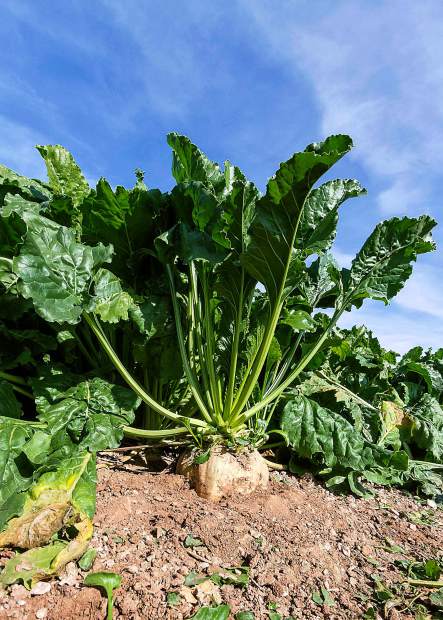
GMOs: The Other Side of The Beet PART 1
PART 1 OF A 2 PART ARTICLE:
This goes beyond a bunch of hot button political commotion to the thing that helps us survive: food. GMO propaganda on both sides is getting out of hand, as organizations both for and against Genetically Modified foods forget the farmer at the root of the conversation. Many people caught up in the debate have no concept of the risks that come from forcing genetic modification or understand the challenges of feeding an ever-growing world population.
We find this particularly true for sugar beet farmers, an integral part of Weld County. As an agency that writes a lot of farm insurance, we decided to learn more about the process straight from the clients that work with both GMO and non-GMO sugar beets on a daily basis.
From the perspective of the sugar beet growers, GMOs provide a more sustainable industry and benefit our society.
Mentioned several times was Eurofins’ independent study, where researchers determined there was no chemical difference found between organic, conventional, and GMO sugar beet or cane sugar. The reasoning is the science of how we make sugar: the extraction process chews up the DNA and protein of a sugar beet, so by the time of human consumption, nothing genetically modified remains in the sugar. Consumer concerns are the main drive for believing that the two growing methods result in any differences.

Another common conversation revolves around the farming process and improvements GMOs have provided. The Western Sugar Cooperative explains that non-GMO crops require nearly 324 ounces of herbicide per acre. GMO crops, because of their evolved resistance to harmful substances that would require herbicides, receive “about the equivalent of two cans of soda per acre,” as one client described. The herbicides used have changed for the better as well, and have become far safer for the farmer and his family.
Other clients talk about the importance of providing for their family and for the nation, praising GMOs for providing not only more produce, but also what they believe is cleaner produce.
We have heard the positive end of GMOs, but some farmers and produce suppliers have serious concerns about this process. CLICK HERE TO READ “THE OTHER SIDE OF THE BEET” CONTINUED.
Categories: Blog
